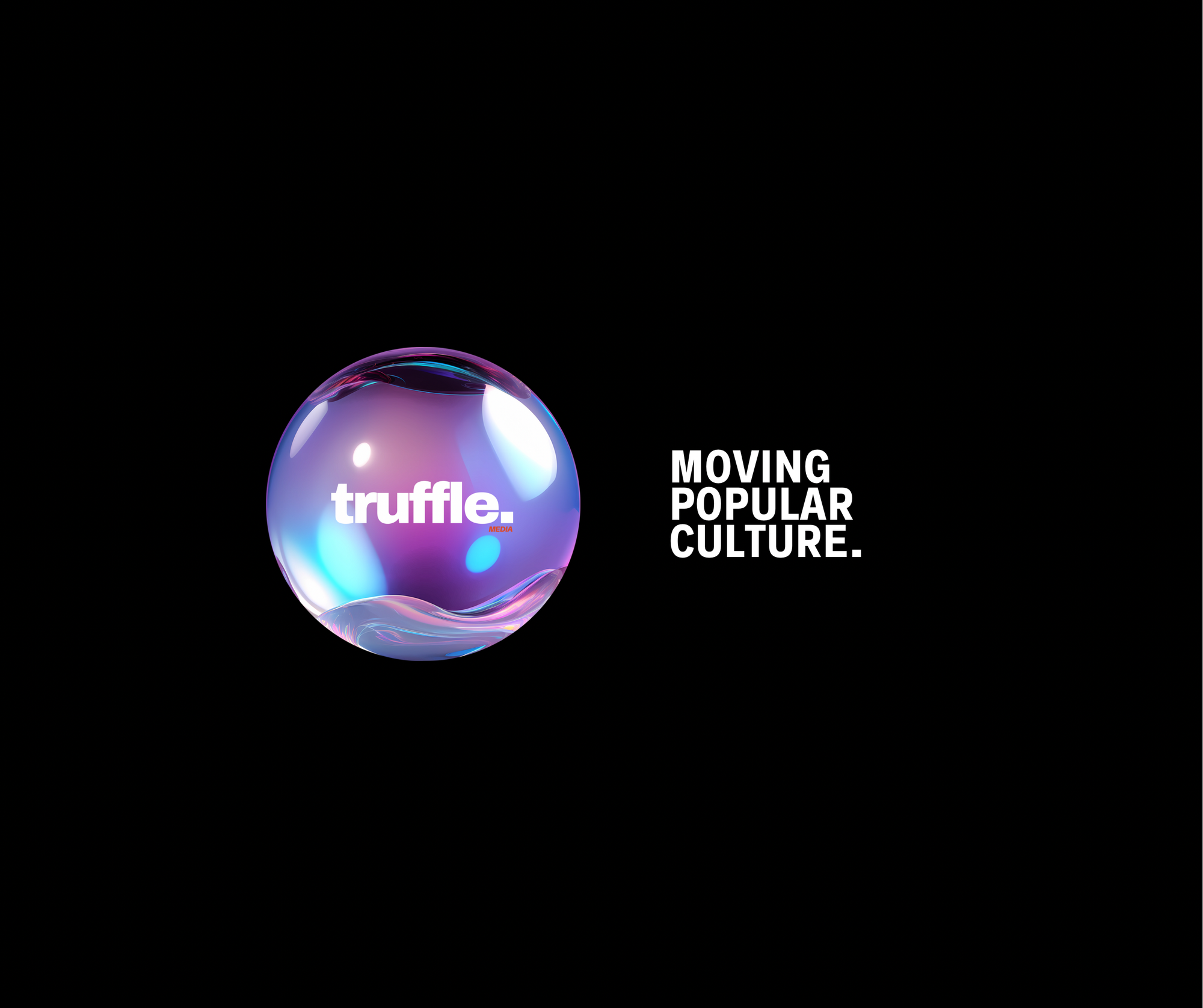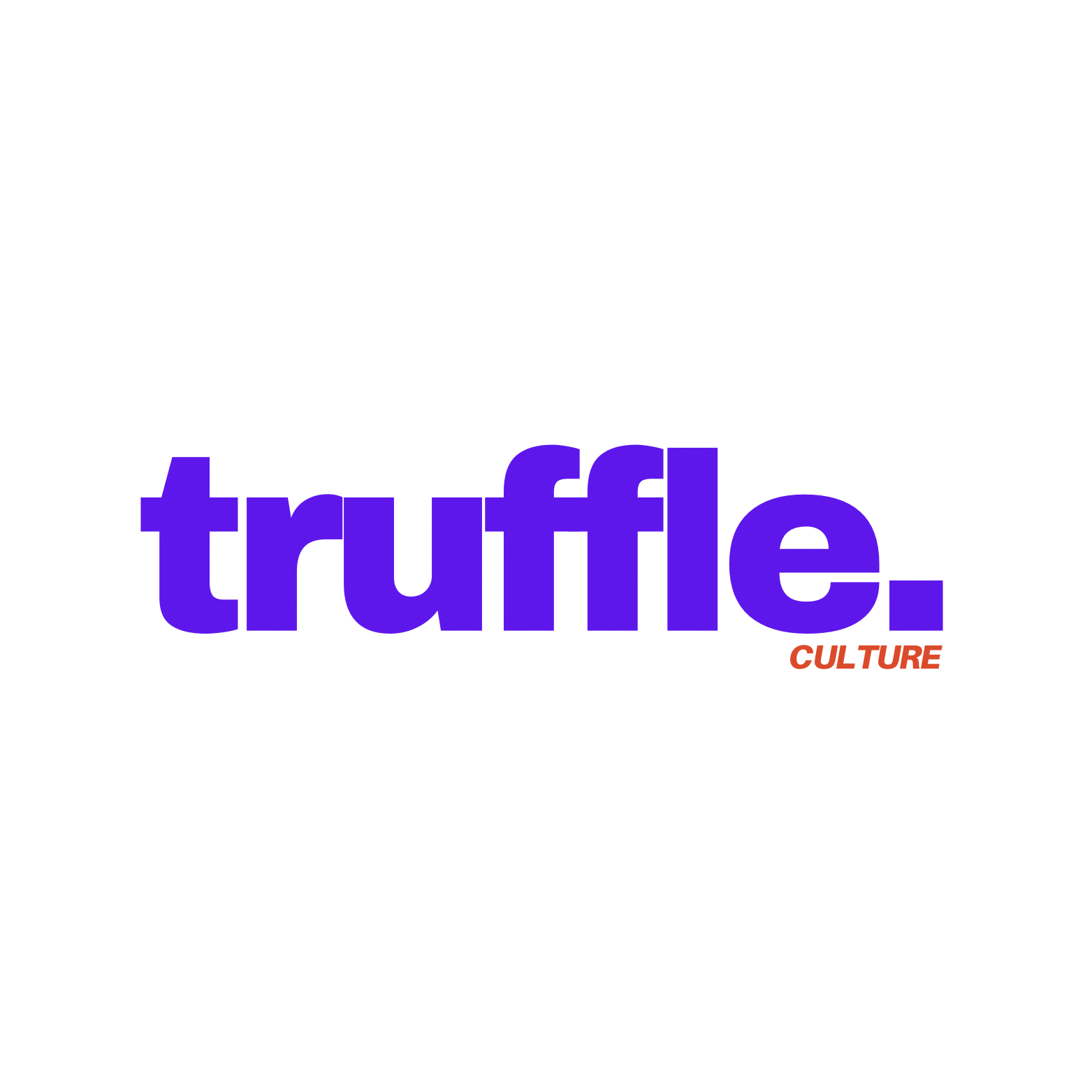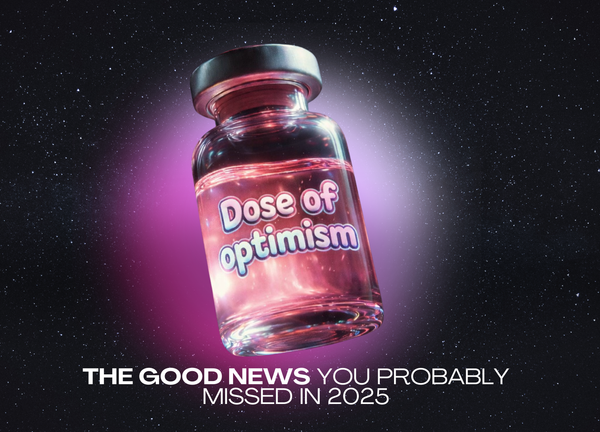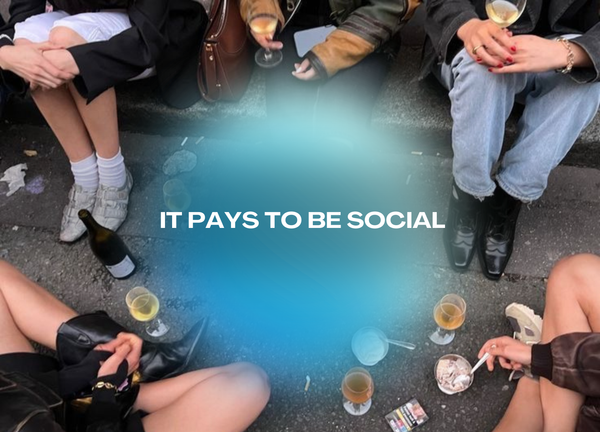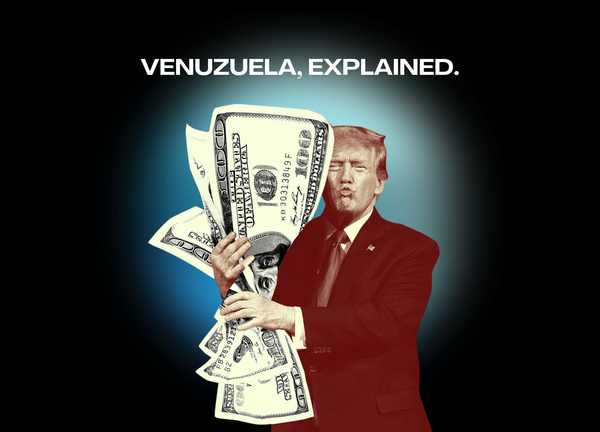Disney Announces Disneyland Abu Dhabi: A Crystal Castle and the Clash of Culture and Commerce
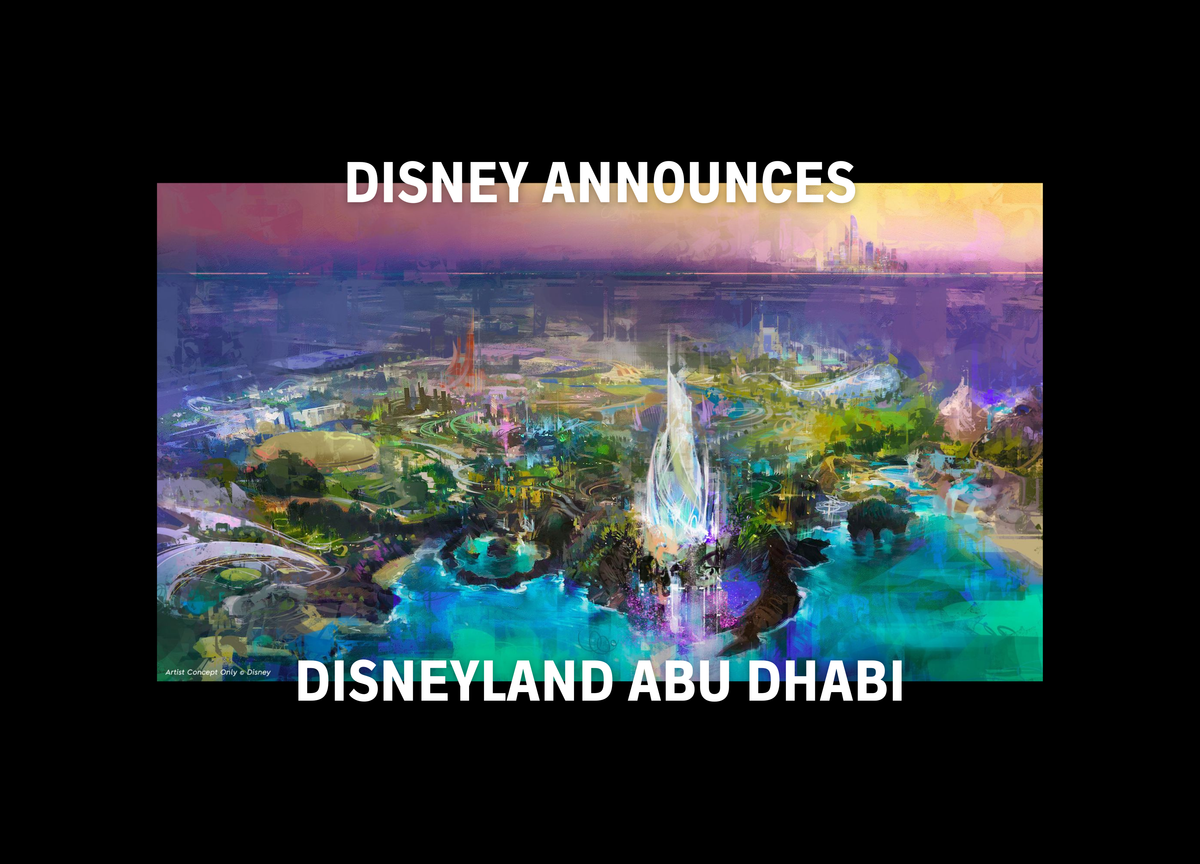
The Context
Picture a spiraling castle, its crystalline facets glinting under the Arabian sun, rising from the sands of Yas Island. This is the vision for Disneyland Abu Dhabi, the Walt Disney Company’s seventh theme park resort, announced on May 7, 2025, and its first in the Middle East. Partnering with Miral, a state-backed Abu Dhabi developer, Disney will craft a waterfront oasis blending its iconic storytelling with Emirati heritage. Concept art showcases a futuristic castle and immersive attractions, promising to be “the most technologically advanced” park yet, per Disney Experiences Chairman Josh D’Amaro. Miral will fund and operate the resort, with Disney’s Imagineers steering creative design, earning royalties without capital investment.
The announcement, timed with Disney’s 7% revenue growth for Q1 2025, underscores theme parks as a financial powerhouse, contributing 59% of operating income in 2024. Yet, X posts reveal skepticism, with users like @JaySalahi predicting losses due to the region’s spotty theme park track record. At Truffle Culture, we see this venture as more than a park—it’s a cultural crucible, where Disney’s global magic meets Abu Dhabi’s ambitions, raising questions about authenticity, soft power, and who this “whole new world” truly serves. What does Disneyland Abu Dhabi reveal about culture’s commodification in 2025?
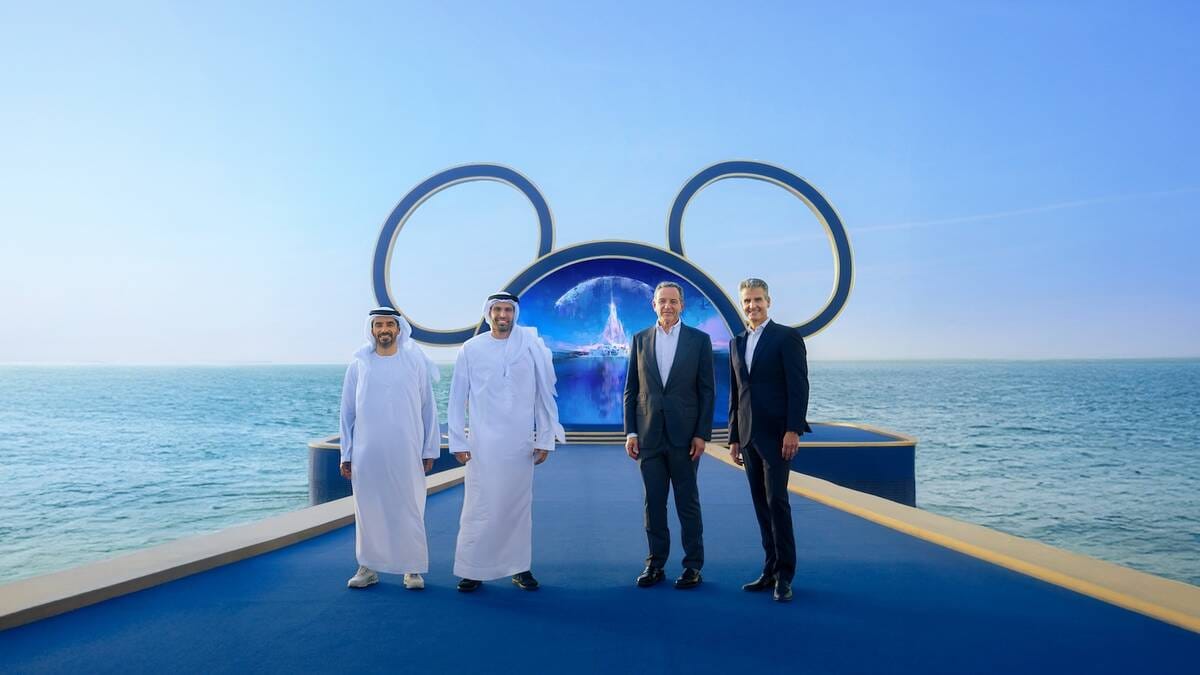
The Roots of Disney’s Global Gamble
Disney’s theme parks are modern mythologies, weaving nostalgia and fantasy into cultural landmarks. Since Disneyland opened in Anaheim in 1955, the company has built six resorts—Florida, Tokyo, Paris, Hong Kong, Shanghai—each adapting its formula to local tastes. Shanghai Disneyland, launched in 2016, blended Mulan with Mickey, proving Disney’s knack for cultural fusion. Abu Dhabi, however, is a bolder leap. Yas Island, a 20-minute drive from downtown, already hosts Warner Bros. World, SeaWorld, and Ferrari World, drawing millions with attractions like the world’s fastest roller coaster. Miral’s vision positions it as a global entertainment hub, with 120 million passengers passing through UAE airports annually, a third of the world’s population within a four-hour flight.
This accessibility, coupled with Abu Dhabi’s push to diversify beyond oil, makes it a strategic choice. Disney CEO Bob Iger calls it “authentically Disney and distinctly Emirati,” a nod to the UAE’s blend of heritage and innovation, from the Louvre Abu Dhabi to futuristic skyscrapers. But the partnership raises eyebrows. Human Rights Watch flags the UAE’s repressive practices, including arrests of LGBTQ+ individuals, clashing with Disney’s criticized silence on Florida’s anti-LGBTQ+ policies. X users like @fns_francis frame the park as “soft power,” a cultural export tied to economic realignment. This isn’t just a park—it’s a geopolitical statement, a bet on the Middle East’s growing influence.
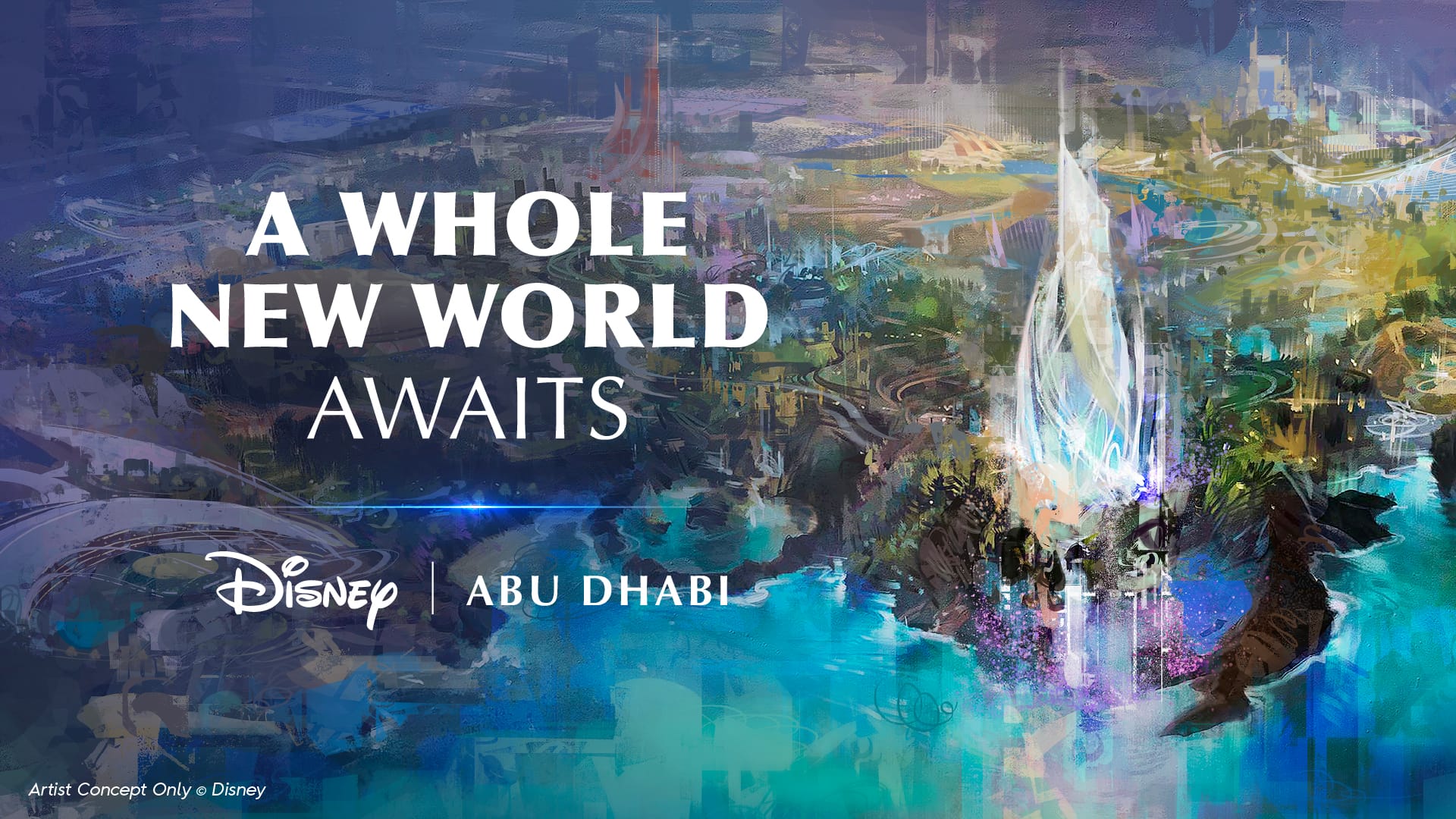
The Critique: Magic Kingdom or Cultural Mirage?
Disneyland Abu Dhabi promises a spectacle of innovation. D’Amaro told USA Today it will be “like no other park,” leveraging water elements and cutting-edge tech to create a “modern castle” unlike Cinderella’s. The park’s waterfront setting, per The Hollywood Reporter, will “play with water in a completely new way,” potentially featuring Moana or The Lion King-inspired rides. This aligns with Disney’s “experiences” sector, which generated 60% of profits in 2024, fueled by post-pandemic travel and new ventures like the Disney Treasure cruise. For Abu Dhabi, it’s a tourism booster, with Miral’s CEO Mohamed Abdalla Al Zaabi hailing it as a “historic milestone” for Yas Island’s global draw.
But the magic comes with caveats. Disney’s hands-off financial model—Miral funds, Disney designs—shields it from risk but invites scrutiny. Dennis Speigel of International Theme Park Services warns the Middle East’s theme park market is “hit or miss,” with X users like @jerrymaguired noting rival parks in Dubai and Abu Dhabi often struggle. Cultural authenticity is another fault line. Disney promises Emirati elements, but will they be meaningful or ornamental, like Epcot’s sanitized global pavilions? Cultural theorist Henry Giroux critiques Disney’s “corporate culturalism,” where local identities are flattened into profitable narratives. The UAE’s own narrative—futurism atop conservative norms—complicates this. Will Disney, stung by Florida controversies, navigate the UAE’s social policies without sanitizing or alienating?
At Truffle Culture, we argue this park is a paradox: a beacon of cultural exchange and a potential commodification of Emirati identity. It’s revolutionary for bringing Disney to 500 million regional fans, per D’Amaro, especially in India, a four-hour flight away. Yet it risks becoming a mirage, where “distinctly Emirati” is a marketing gloss, not a lived reality. The challenge is crafting a park that honours Abu Dhabi’s soul—its Bedouin roots, its poetic traditions—without reducing it to a backdrop for Mickey’s parade.
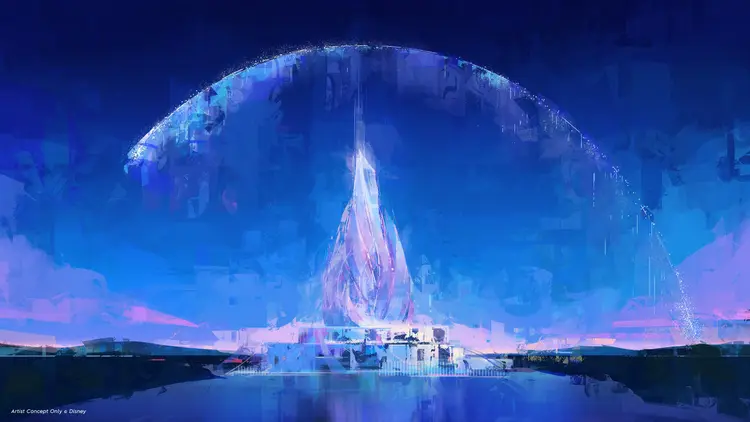
Join the Dialogue
Disneyland Abu Dhabi is a crystal dream, blending magic with Emirati ambition. But whose story will it tell—Disney’s, Abu Dhabi’s, or a hybrid that transcends both? At Truffle Culture, we’re captivated by its potential and wary of its pitfalls. What do you hope this park becomes—a cultural bridge or a thrilling escape? Share your thoughts in the comments, and let’s unpack what this spectacle means for the culture we’re shaping together.
